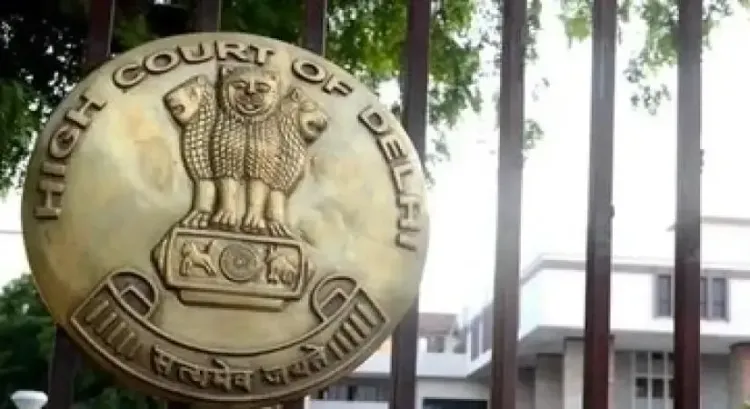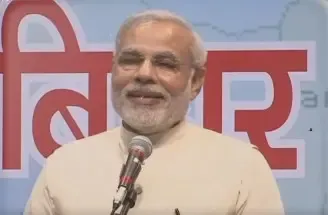Has the Delhi HC Initiated Criminal Contempt for Scandalous Remarks Against the Judiciary?

Synopsis
Key Takeaways
- Criminal contempt proceedings initiated against a lawyer.
- Allegations made were deemed reckless and scandalous.
- Judiciary's integrity is highlighted in the ruling.
- The lawyer is required to appear at the next hearing.
- The case raises questions about legal accountability.
New Delhi, Sep 29 (NationPress) The Delhi High Court has determined that a lawyer has, prima facie, engaged in "criminal contempt" of court by making reckless and scandalous allegations regarding corruption within the judiciary.
A single-judge bench led by Justice Amit Sharma, while addressing a contempt petition, observed that advocate Vedant’s written statements and emails included contumacious remarks intended to scandalize and diminish the dignity of the judiciary.
"Allegations of corruption in the judiciary, made recklessly by him, are contemptuous, contumacious, and scandalous in nature. This behavior is tantamount to scandalizing and undermining the authority of the court, and it further disrupts judicial proceedings and the administration of justice," the bench remarked.
This situation arose from an order issued by a Rohini court in a case filed by Canara Bank, which the respondent-advocate contested through various legal actions.
Despite having previously offered an unconditional apology, advocate Vedant persisted in making allegations against the judiciary.
The Delhi High Court pointed out that his email dated January 21, 2024, along with a subsequent response to the show-cause notice, contained libelous content alongside other scandalous, contumacious, and contemptuous claims, labeling the judiciary as "corrupt" and accusing it of "judicial terrorism" and a "collective conspiracy."
Expressing strong disapproval of the advocate’s behavior, the Delhi High Court stated: "The matter is even more serious considering that the respondent, who is representing himself, is a lawyer."
Invoking Section 2(c) of the Contempt of Courts Act, 1971, Justice Sharma concluded that the respondent has, prima facie, committed "criminal contempt" and ordered that, pending the Chief Justice’s directives, the case be scheduled before a division bench on November 19 for further proceedings.
"The respondent is required to appear in person before the learned Division/Roster Bench on the next hearing date," the bench instructed.









